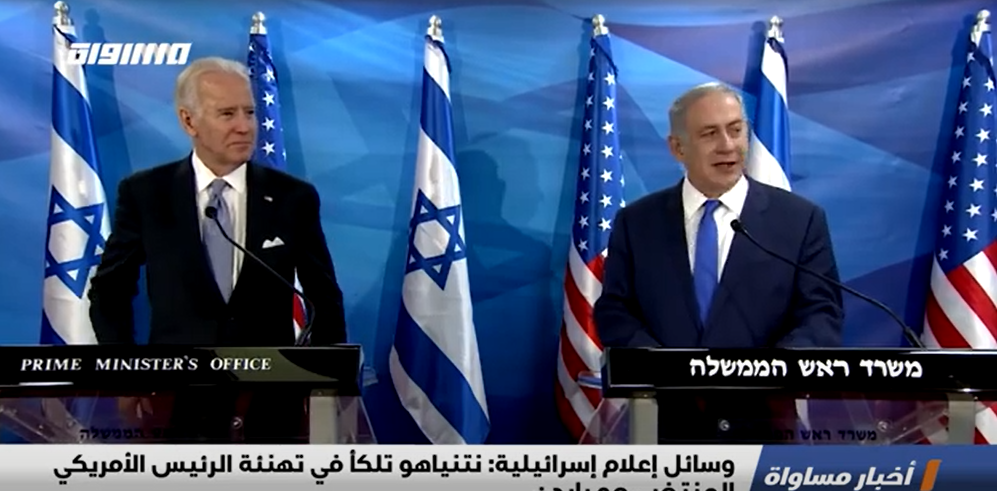As the indirect negotiations between Israel and Hamas hit an impasse, with the latter rejecting improved Israeli proposals for a hostage release deal, the gravity of the situation intensifies.
The proposed deal included a long ceasefire, release of senior terrorists (including those with a violent history), and the provision of humanitarian aid to the Gaza Strip.
Israel finds itself in a precarious position, compelled to make a difficult choice.
On one hand, there’s a moral obligation to rescue the hostages kidnapped by Hamas on October 7, in line with the IDF tradition of not leaving captives behind.
On the other hand, the military infrastructure of Hamas, nestled within a human shield of Israeli hostages, poses a threat that cannot be ignored.
The political echelon must grapple with the dilemma of prioritizing the elimination of the military leadership of Hamas over the release of Israeli hostages.
While the obligation to return abductees home is clear, the potential strategic advantage of neutralizing Hamas’s military leadership, led by Yahya Sinwar, cannot be understated.
Such a move could be a decisive factor in ending or shortening the ongoing conflict, potentially saving many lives.
Drawing parallels with historical events, such as the 1974 Ma’alot hostage crisis, raises questions about the willingness of the political echelon to make difficult decisions.
In that case, a terrorist cell held Israeli teenagers hostage, leading to a tragic outcome when the decision was made to attack the terrorists.
Facing a similar scenario, what will happen if reliable intelligence reveals the location of the military leadership of Hamas, surrounded by Israeli hostages acting as human shields? The Israeli government must weigh the importance of eliminating this leadership against the imperative to secure the release of its citizens.
Efforts to circumvent this dilemma involve offering a partial deal to Hamas in an attempt to safeguard as many abductees as possible.
However, Hamas’s demands, including the release of thousands of terrorists, pose a significant challenge.
The Israeli government, having paid a heavy price in the past, is reluctant to agree to such terms.
As IDF forces approach the hiding place of the Hamas leadership in Khan Yunis, the Israeli War Cabinet faces a momentous decision.
The outcome will not only impact the fate of the abducted Israelis but may also shape the trajectory of the ongoing conflict in the region.
The impending decision is in the hands of the Israeli leadership, marking a critical juncture in this complex and challenging situation.




